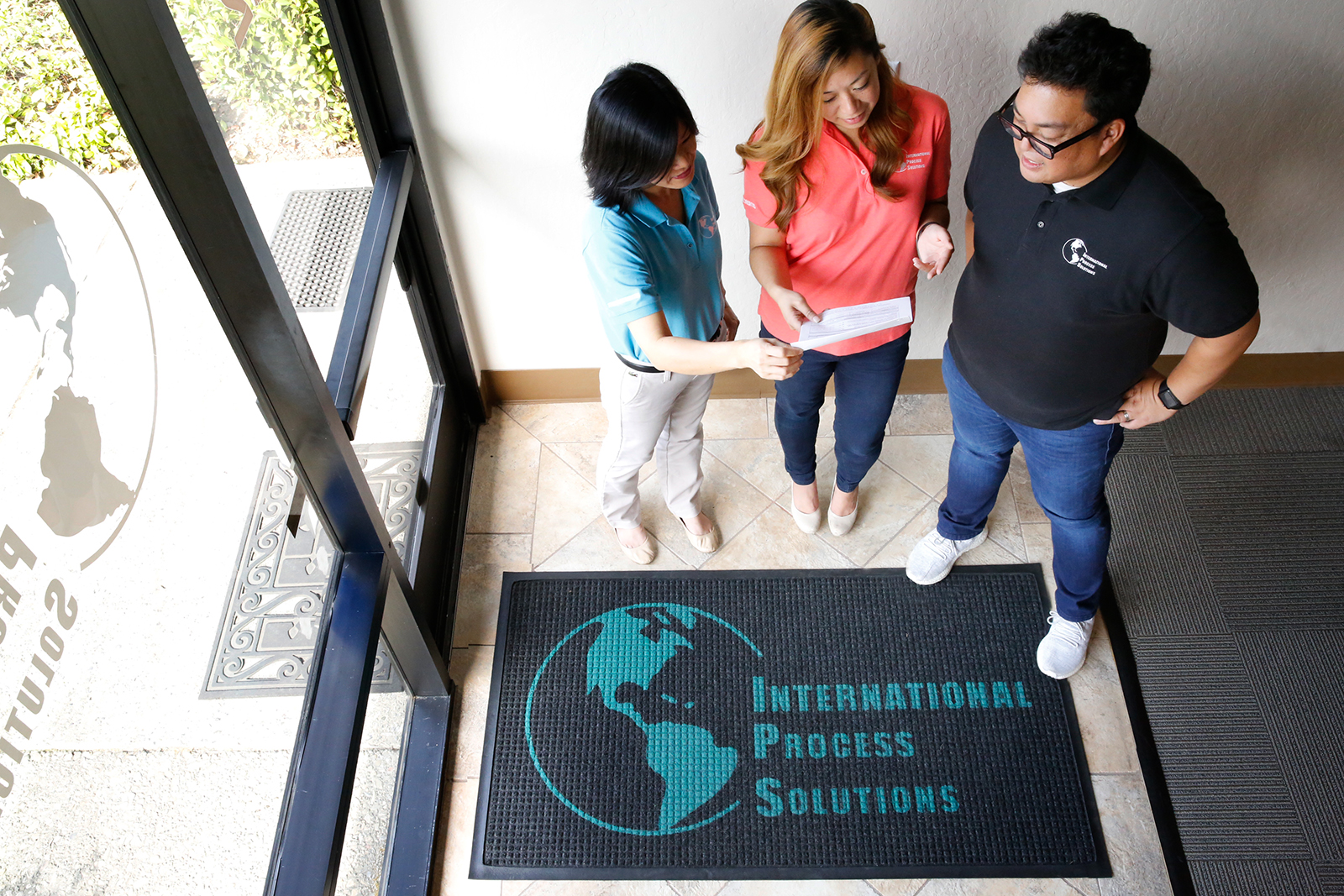
In the realm of scientific inquiry and industrial application, the precision and reliability of calibration and testing cannot be overstated. As the backbone of quality assurance and regulatory compliance, laboratories worldwide strive to achieve and maintain accreditation. This recognition is not merely a badge of honor but a testament to a laboratory’s unwavering commitment to excellence in technical competency and quality management systems. This article delves into the intricacies of laboratory accreditation, particularly focusing on its significance, the rigorous process involved, and how it distinctly stands apart from quality systems registration or certification.
Laboratory accreditation is the pinnacle of formal recognition awarded to laboratories that demonstrate exceptional technical proficiency in conducting specific types of tests or calibrations. Unlike any ordinary endorsement, accreditation is conferred exclusively to those laboratories that showcase an initial and continuous competence in their operational domain, strictly adhering to the ISO/IEC 17025 standard. This standard delineates the General Requirements for the Competence of Testing and Calibration Laboratories, setting the benchmark for operational excellence.
ISO/IEC 17025 serves as the cornerstone for laboratory accreditation, encompassing two fundamental pillars: management and technical systems requirements. To align with these stipulations, a laboratory must:
The accreditation process is meticulous, involving seasoned assessors who are experts in their respective fields. These assessors are tasked with verifying the laboratory’s specific capabilities as outlined in their accreditation scope. Moreover, to sustain accreditation, laboratories must actively participate in proficiency testing, demonstrating their ongoing technical competence, and undergo comprehensive technical assessments biennially.
While both laboratory accreditation and quality systems certification are pivotal in enhancing operational integrity, they serve different purposes. Quality systems certification, involving standards such as ISO 9001 and ISO 14001, verifies that an organization’s quality management systems are in compliance with industry-specific standards. However, it does not assess technical competency. In contrast, laboratory accreditation is a direct measure of a laboratory’s technical acumen and its capacity to perform calibration and testing services accurately.
Accreditation is not merely a procedural formality but a critical component of a laboratory’s service offering, especially for those providing calibration services. Industry standards, such as ISO/TS 16949 in the automotive sector, mandate that calibration services outsourced to commercial laboratories must be accredited according to ISO/IEC 17025 or its national equivalent. This requirement underscores the indispensable role of accredited calibration services in ensuring product quality and safety.
The scope of accreditation is a detailed document that enumerates the specific types of calibrations a laboratory is accredited to perform. This document is not static but evolves through regular proficiency testing and assessment to ensure that the laboratory remains at the forefront of technical capability. It’s important to note that the scope of accreditation may not encompass all of a laboratory’s capabilities due to various strategic decisions or limitations affirmed by the assessing body.
Upon satisfying the criteria for management systems, technical systems, and technical competency, a laboratory is awarded a Certificate of Accreditation. This certificate, along with the Scope of Accreditation document, delineates the laboratory’s compliance standards and the specific services accredited. These documents have defined expiration dates, necessitating laboratories to continually demonstrate their adherence to quality systems and technical competency to retain their accredited status.
Laboratory accreditation is a rigorous process that signifies a laboratory’s elite status in technical competency and adherence to quality standards. By differentiating between accreditation and quality systems certification, this article highlights the unique value accreditation brings to the calibration and testing landscape. As laboratories navigate the complexities of achieving and maintaining accreditation, their unwavering dedication to excellence not only enhances their service offering but also fosters trust and reliability in the industries they serve.
No Comments